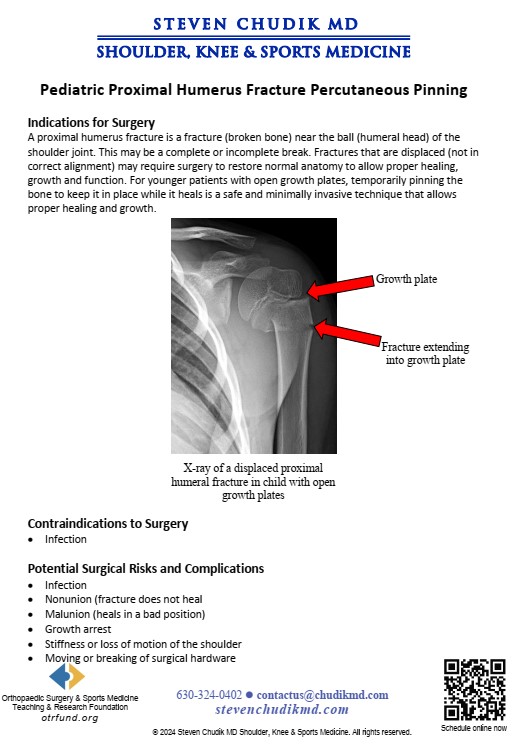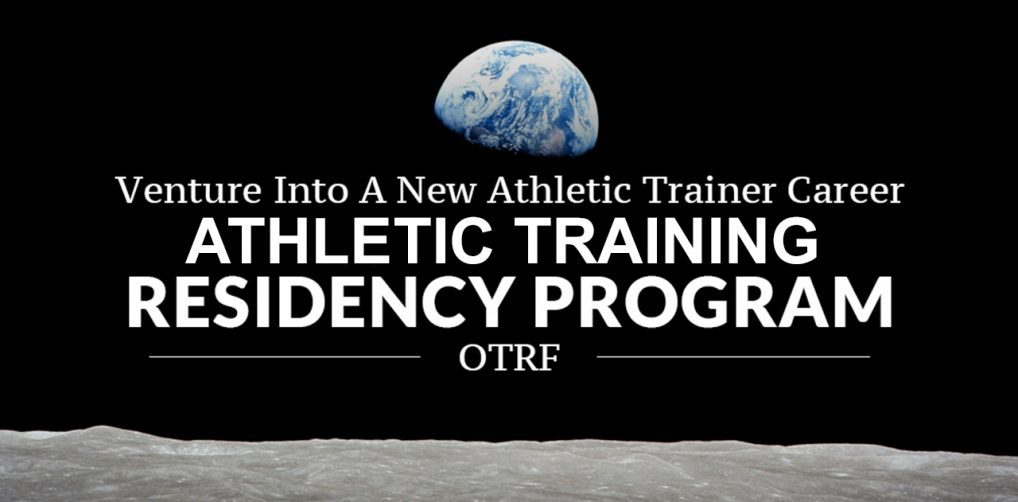 Because injuries are never planned, be prepared by bookmarking Dr. Steven Chudik's online scheduling tool today!
Because injuries are never planned, be prepared by bookmarking Dr. Steven Chudik's online scheduling tool today!
The growth plate is the weak link in the growing athlete during different stages of growth and is more susceptible to injury than bone, muscle, or ligaments. Proximal Humerus Epiphysitis (also known as Little League Shoulder) is characterized by stress injury to the physis (growth plate) of the proximal humerus (upper arm bone). Repetitive forces from throwing or other overhead activities like swimming, volleyball serving, and racquet sports are the most common cause. This condition generally responds well to rest with a gradual return to activity. If the patient has had chronic (long-term) symptoms, surgical intervention may be indicated to stimulate the bones healing process. Fortunately, most younger patients with significant growth remaining heal with rest and a gradual return to activities. For some older patients, the repetitive stress prevents the growth plate from properly closing and surgery may be necessary to get the growth plate to close and fuse with solid bone.
Using X-ray, Dr Chudik locates the growth plate. The growth plate or proximate stress fracture is then drilled percutaneously (through the skin) with small pins to stimulate the bone, promote bleeding and begin the healing process. Following the drilling, the patient is required to be immobilized in a sling for six weeks with no use of the operative arm to allow bone healing. The patient is then expected to attend formal physical therapy for four to six months to regain full shoulder strength and motion, followed by a gradual return to throwing/overhead sports. If the patient returns to sport too quickly, this injury has a high rate of recurrence. In the extremely rare case where a large portion of the growth plate fails to close as expected, bone grafting may be necessary.
Learn More
 Expand your world of opportunities as a Clinical Athletic Trainer
Expand your world of opportunities as a Clinical Athletic TrainerOTRF is accepting applications until March 15 for its 2024-2025 CAATE-accredited Athletic Training Residency Program
Applications and additional information are available here.